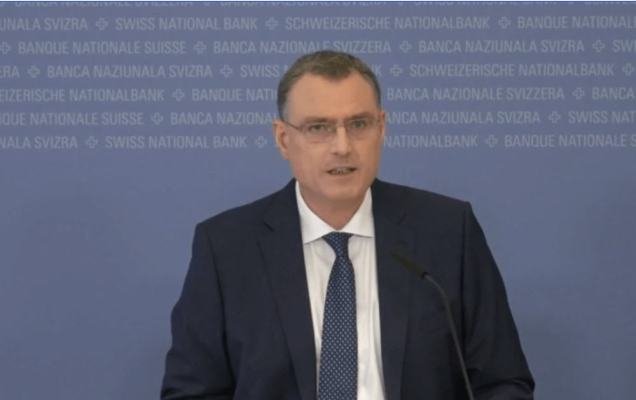This week, the Swiss National Bank (SNB) surprised many investors by leaving its benchmark interest rate on hold at 1.75%. The decision to hold mirrors decisions this week by the US Fed and Bank of England not to raise rates. By contrast Norway and Sweden lifted rates this week. Thomas Jordan, head of the SNBIn addition, like central bankers in the US and England, the SNB refused to rule out future hikes. And like Sweden the SNB signalled that it would continue to support the currency by selling its stock of foreign currency. The SNB has used a strong currency, partly the result of foreign currency sales, to deflect inflation entering Switzerland via the rising prices of imported goods and services. Another factor that has helped keep Switzerland’s inflation low is the relatively
Topics:
Investec considers the following as important: Business & Economy, Editor's Choice
This could be interesting, too:
Investec writes The global brands artificially inflating their prices on Swiss versions of their websites
Investec writes Swiss car insurance premiums going up in 2025
Investec writes The Swiss houses that must be demolished
Investec writes Swiss rent cuts possible following fall in reference rate
This week, the Swiss National Bank (SNB) surprised many investors by leaving its benchmark interest rate on hold at 1.75%. The decision to hold mirrors decisions this week by the US Fed and Bank of England not to raise rates. By contrast Norway and Sweden lifted rates this week.

In addition, like central bankers in the US and England, the SNB refused to rule out future hikes. And like Sweden the SNB signalled that it would continue to support the currency by selling its stock of foreign currency. The SNB has used a strong currency, partly the result of foreign currency sales, to deflect inflation entering Switzerland via the rising prices of imported goods and services.
Another factor that has helped keep Switzerland’s inflation low is the relatively modest use of quantitative easing (QE) and other money expanding actions.
By contrast, the US is effectively continuing down path of expanding its money supply, but this time it is doing it by stealth. Ostensibly the US Federal Reserve has switched from QE to quantitative tightening (QT). However, US QT is being undone via the back door. After the US banking system wobbled in March, the Fed began pumping liquidity into the banking system to replace the outflow of deposits – bank depositors started shifting large sums of money from banks to money market funds that offer higher interest rates. Money market funds, flush with new funds, have been ploughing this money into freshly issued treasuries, which has enabled the US government it to continue to push money into the economy.
So, rather than the US Fed creating money to buy US treasuries or other bonds directly (QE), it is now creating money to give to the banks to replace deposits, which are flowing to money market funds, which are buying treasuries with it. Both activities involve creating money, both result in an injection of funds into the economy, and both make curbing inflation more difficult. The only (cosmetic) difference is the path.
More on this:
SNB press release (in French) – Take a 5 minute French test now
For more stories like this on Switzerland follow us on Facebook and Twitter.
